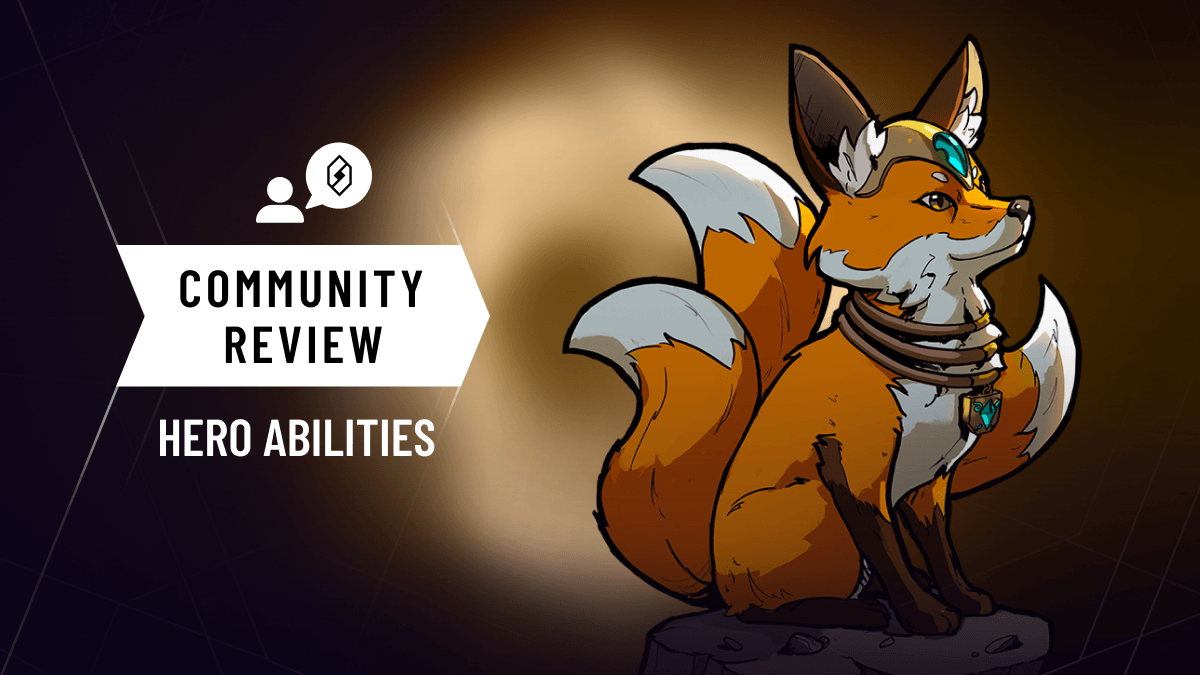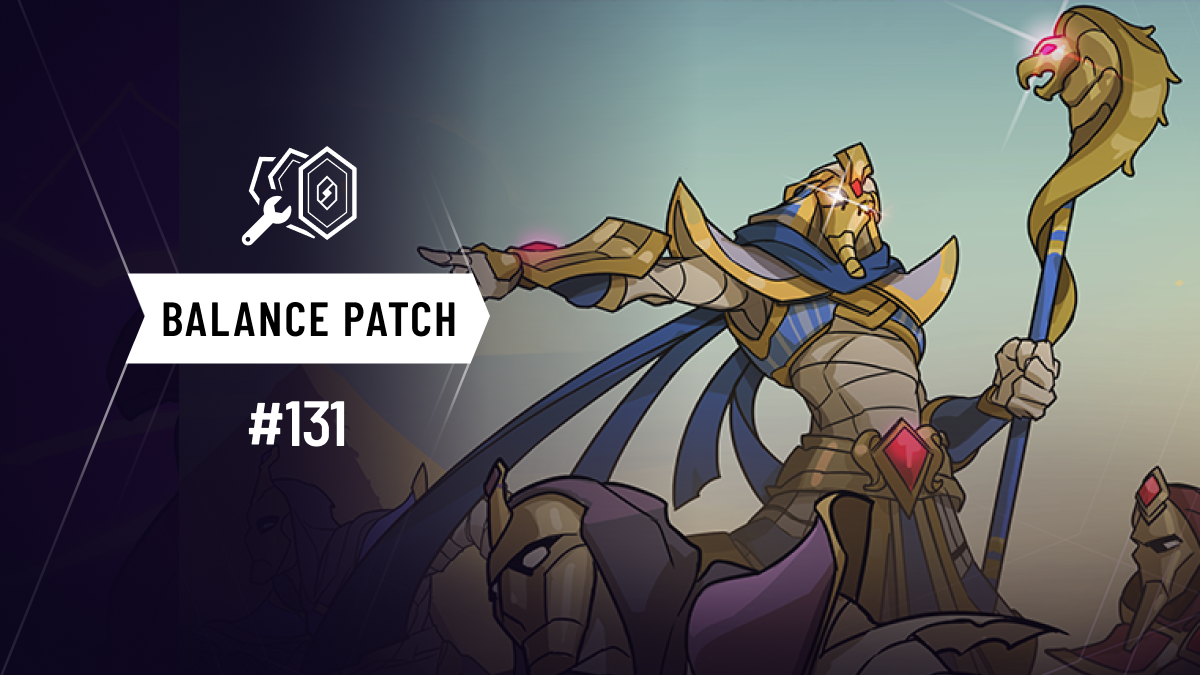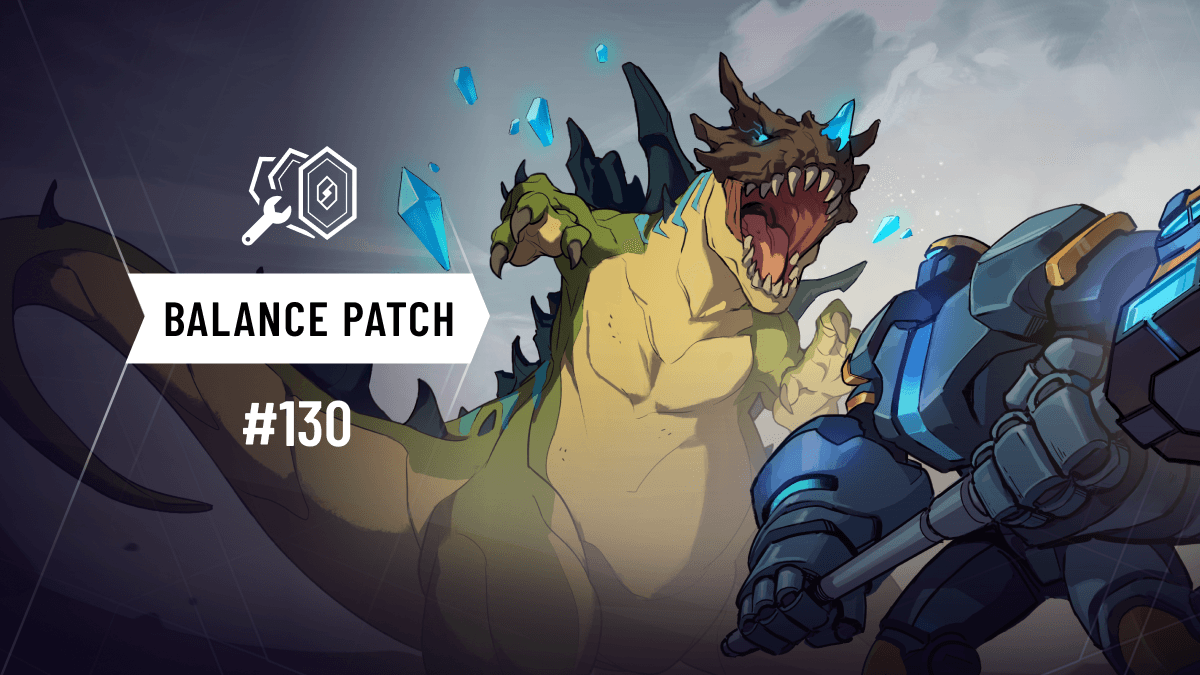Some Thoughts on Hero Abilities
Written By: Just Add Bacon | Edited By: Alpha Sapphire

Howdy y’all, Just Add Bacon here, supplying something somewhat speculative this time around. With the reveal of the roadmap there’s been a lot of discussion, ranging from things like the economy, the addition of a draft mode, and even some guesses about the teased expansion. However, something that hasn’t gotten a ton of attention are the plans to introduce hero abilities, which will be one of the largest changes in the game’s history. So, in this article, I’ll be breaking down a couple of things surrounding them: how we might expect hero abilities to impact the game, what kind of effects they could feature, and how they might be balanced. This one is a bit more wild, so let’s break it down!
A Hero What?

A hero ability may be an unituitive concept for players coming from games like Magic or YuGiOh, but for Hearthstone veterans they will seem fairly common sense. A hero ability is a specific mechanic available to a player throughout the game. This mechanic may either require mana to trigger, or be triggered by another condition, and activates some effect when triggered. Right now, heroes in Skyweaver already have an ability in a sense, the hero attack, but these abilities will be much more varied than that.
In terms of classifying abilities, I find a couple methods to be helpful. The most obvious is active-passive, where an active ability is one that requires mana to be activated and a passive does not. For example, a (rather boring) active ability might be “Spend 2 mana to deal 1 damage,” and a (designed by chads) passive ability might read “The first unit you play each turn gets +1 power.” Judging the usefulness of an active ability is generally not too difficult, since it’s just a trade of mana for value, but a passive ability, with unknown frequency, is more difficult. To model both in the same terms, I’ve come up with the following equation:
Average Utility Per Turn = (value of the ability * odds of the ability triggering) + static utility
Note: To get the total utility throughout a game, just multiply the average utility per turn by the expected average number of turns in a game.
All this really models is the utility added on a given turn by the ability, which I see as coming from two sources. First, a passive ability adds to the utility generated by certain cards, which is modeled in the first half. The second half, static utility, works as a bit of a catch-all, and collects all the advantages a player gets just from having the ability available. For example, a passive ability like “When you play a 7-mana or higher unit, gain 3 health” may threaten an aggro player and force them to be more aggressive when they would otherwise want to avoid doing so, even if it hasn’t triggered.
Before moving on, there are two points I must elaborate on. First, passive abilities don’t actually generate much utility themselves; rather, they modify the utility generated by other cards. In these cases, deciding on a passive ability becomes a matter of comparison. If a card is already good and bolstered by a passive ability, and you have many of these cards, the passive ability will likely be strong. However, if a card is only good in conjunction with a passive ability, a player may be better off avoiding that card and using a different ability.
Secondly, something that more astute readers might have noticed is that an active ability doesn’t always require mana to be spent, just a resource. In these cases, activations require something else, but can still be triggered independent of a card being played. Abilities like this may read like “Discard your left most card to draw a card” or “Three times per game, give your units +1 health.” Here, the aforementioned model for utility can still be used, since the “value of the ability” term already captures the benefits of the ability minus its costs.
Aside from active and passive abilities, I’d also like to make a distinction between simple and complex abilities. A simple ability is one that provides an effect that is a raw numerical advantage. “Spend 2 mana to deal 1 damage”, “Gain 2 health”, “Draw a card”, etc. are all simple abilities. Passives may also be simple, like “The first unit you play each turn has +1 power.” Complex abilities modify fundamental game mechanics, and can’t be described in terms of simple numbers. Effects like “Start the game with Fox Familiar in your hand” or “Spend 2 mana to reveal your opponent’s leftmost card” fall into this category, and while certainly helpful can’t be described with numbers.
I start with these distinctions because I believe that simple active and simple passive abilities will both be the first introduced and also the most common. Balancing is much easier when dealing with actual numbers, and finding the utility of nonmaterial effects is usually difficult. However, I do suspect that complex active and complex passive abilities will be added, if anything for their ability to support archetypes that have been historically weak *cough* *cough* midrange *cough*....
Gameplay Changes

Given what we know about hero abilities, how might we expect them to change the game? Well, to guess we’ll have to make some assumptions. First, we’re going to assume that abilities actually do change the game. Second, we’re going to consider abilities in terms of the above distinctions, and evaluate them as cards that are always in a player’s hand.
Starting with simple active abilities, the most obvious impact of these is reducing the need to curve out with your hand each turn. Currently, games tend to average about 9 turns, which means that players have about 44 mana to win the game. When a player fails to utilize all their available mana on a given turn, they lose a valuable resource for generating value and tempo, and the gap between players grows in the opponent’s favor. However, simple active abilities provide an outlet for player’s with excess mana. Of course, these abilities will almost certainly be inefficient relative to other cards, but their undepletable nature gives players ways to avoid as great of a loss.
Most notably, if the ability is both cheap and useful, I expect these abilities to most help control decks. Generally, control decks tend to have slower curves than their opponents, and are more vulnerable to bricking than their aggro or midrange counterparts. Thus, the times when the control player will have spare mana, especially in the early game (when the effects are more useful), will generally be more common. Aggro and midrange decks will also benefit from these abilities in the mid to late game (their early game is already occupied so their triggers will be low), but the abilities will likely be less impactful at such a time.
Moving on to simple passive abilities, these are likely to be the most impactful, and will be of best benefit to decks with lots of draw power and cheap cards. Thus, they will generally be most dangerous with aggro decks, but could also be useful in other situations.
Aggro decks are classified by having strong early games and seeking to defeat the opponent quickly. Thus, having an ability that is good on value but a weak effect, like a simple active ability, doesn’t make a lot of sense; they’d rather play their own cards, so what are they getting from the ability? A simple passive ability, on the other hand, complements an aggressive deck much better, since it augments the utility of their early plays. Ideally, the player will be able to trigger this effect on the first turn of every game, since this is when simple numerical bonuses have the largest effect. Additionally, players will want to continuously activate the passive whenever possible, complimenting decks with strong draw power.
Depending on the nature of the simple passive ability, it could also be helpful for midrange or control decks with lower curves. Simple passives like “When you dust a unit for the first time in a turn, draw a card” or “When you play a dark card, gain 1 health” could uniquely benefit decks in ways that aggro decks can’t take advantage of, although it will again require frequent triggers to be useful.
Complex active abilities will probably be the most volatile and difficult to balance. These are abilities that have a specified mana cost to play, but have utility that is either unknowable ex ante, like revealing an unknown card in the opponent’s hand, or can only be understood through complex packaging with other cards. The majority of these will probably be weak with a few notable exceptions, but I also expect these to generally be better in the hands of more skilled players. Skilled players are better able to determine the utility of plays, and are thus less likely to miscalculate when it is appropriate to use a complex active ability.
For example, one effect that I think would be really interesting is “Spend two mana to reveal the left-most card in your opponent’s hand.” Revealing cards is unique in card games since it doesn’t give a player any raw advantage, but does allow them to make better decisions. A low level player may not know how to use this preemptively, but an experienced player might take advantage of this to determine what removal to play around.
Finally, complex passives are probably the most game-warping, and will probably foster decks in their own right. These kinds of effects might read “Start with Glorious Mane in your hand if it is in your deck” or “The first unit you play each turn gets stealth.” Given that they don’t provide raw numerical advantage, these will probably also be hard to balance, but these are also the kinds of effects I’m most excited to see.
Most tenacious of these, in my view, would be effects that actually break prism restraints. We already know from the roadmap that abilities will be hero-specific, and that they will have multiple options, so there’s no reason why abilities can’t be active during deck creation. An ability for certain heroes that allows them to splash a card from another prism could add exponential depth to heroes, like with adding Sunder to a Water Mai build.
Something like this would be radically difficult to balance, so if it was implemented I suspect it would be in a more controlled form.. For example, effects could read (For Horik) “Start of Game: Add Kha Meht to your deck”, (For Fox) “Start of Game: Add Burning Blade to your deck”, or (For Lotus) “Start of Game: Add Mootichi to your deck.” Since abilities would be disclosed at the beginning of the game, these effects would be much more predictable, and could also foster pre-existing builds without directly buffing their cards.
Balance? With These??

Perhaps the most interesting thing about hero abilities is why they’re being added to the game in the first place. Despite Cytus’ best efforts, mono-prism decks are currently not that good. Historically, this was remedied by them having 20-card decks, which provided a consistency advantage, but this was nerfed to the 25 cards they now have.
The boldest question, and something that originally concerned me, was whether or not the game would actually be able to be balanced with these. After all, a cynical view might argue that the game has yet to be balanced, so adding more, complicated elements surely can’t help. To a certain extent, the cynic is certainly right: abilities can and probably will introduce some balance issues for a while, but I think that on net it will be of benefit.
First off, balance aside, hero abilities are fun. They add another element to an already complex game, but do so in a way that should be familiar to many. Hero abilities also have great potential for uplifting a large number of heroes and archetypes that are generally bad, potentially granting more viable options for players. Of course, the flip side of this is that abilities can push other options out of the meta, but abilities in general should be slightly weak, which would prevent this issue.
Aside from this, abilities provide new avenues for card design. Thus far unmentioned in this article is the great number of ways that units can interact with abilities. “Play: Your hero ability costs one this game”, “Whenever you activate your hero ability, activate it one more time”, or “Your opponent can’t activate their hero’s ability” are effects that could be attached to any number of units, and each provides numerous new strategic interactions. In general, more strategic interactions open more avenues for better players to make better choices, providing a balancing effect just by existing.
Finally, abilities might help balancing by providing a means to curate the meta. By this, I mean that certain decks and archetypes have certain advantages and disadvantages with the current game mechanics; abilities can be calibrated to exacerbate or compensate for these differences. An aggro deck with a power-boosting ability gets a boon. Relative to its peers, a health-boosting effect is probably not as helpful. Balance is always a relative process, so another parameter of comparison is another area for equalizing.
Conclusion
Without nerding out too much, I think hero abilities would be pretty cool. They’re dynamic and add a whole new level of strategy to the game, which is totally what I’m here for. Of course, there may be some balancing issues with it at the start, but I’m confident that these can be hammered out over a few patches. In any case, it’ll certainly make good content for yours truly! Until next time, I will see y’all in Sky.
Join the Discussion! 🎙️
To chat with the rest of the community and the Horizon team, join our Discord server! Subscribe to our subreddit to share your ideas, and be sure to follow us on Twitter or Instagram! Also—we’re on TikTok too!
Skyweaver is in Open Beta. You can play for free at play.skyweaver.net or download the game on Windows, Mac, Linux, IOS, and Android!

Recent Posts














